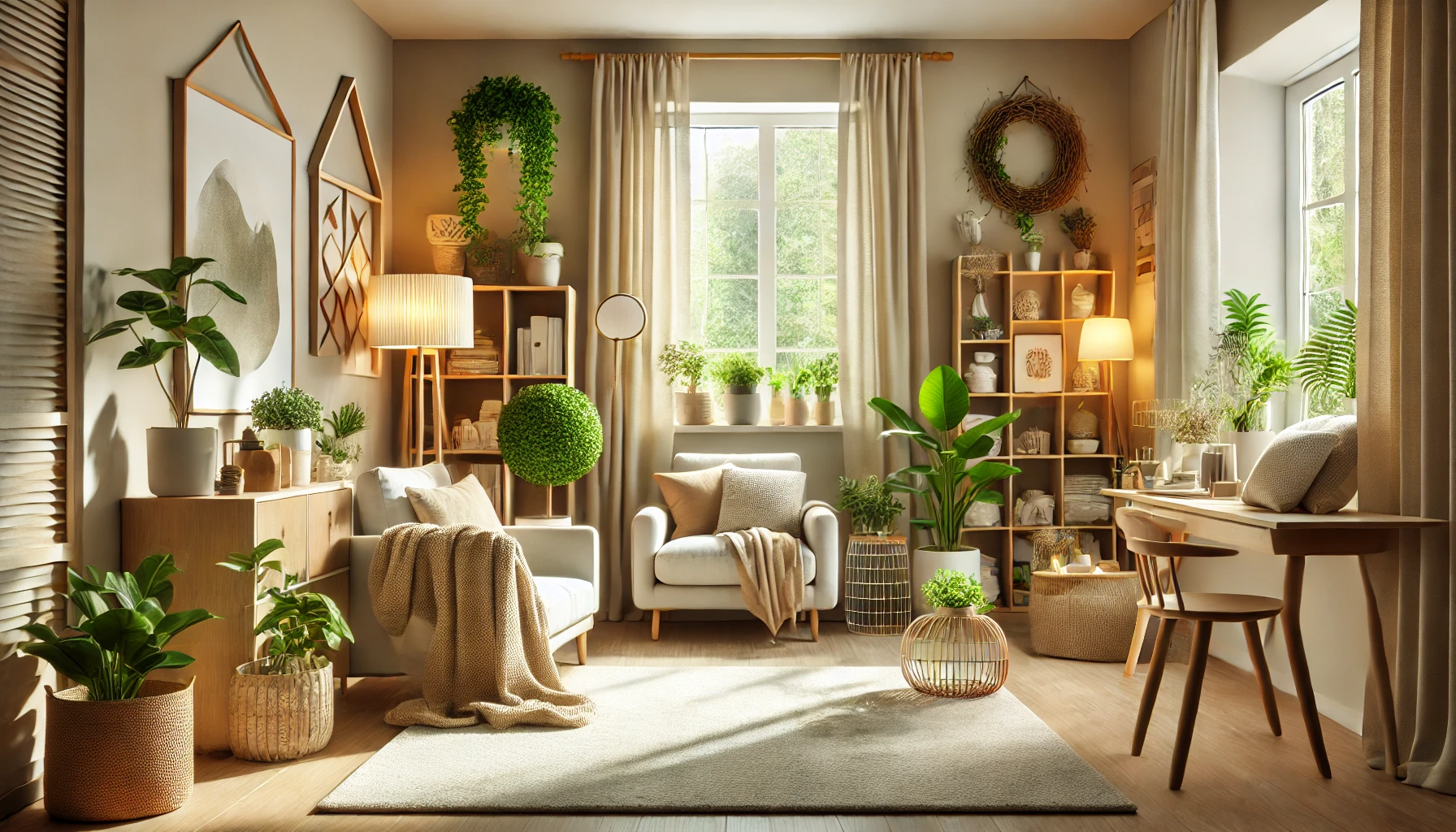Improving mental health at home is more important than ever in today’s fast-paced world. Whether you’re dealing with stress, anxiety, or simply feeling overwhelmed by everyday life, creating a positive environment at home can significantly enhance your mental well-being. In this blog, I’ll share practical tips and strategies that have helped me improve my mental health and create a more balanced, peaceful home life.
The Importance of a Supportive Home Environment
A supportive home environment is key to maintaining mental health. It’s not just about the physical space but also the emotional atmosphere we create. For me, it became clear that a cluttered and chaotic home environment only added to my stress. I realized that to feel mentally at ease, I needed to create a space where I could relax, reflect, and focus on my well-being.
Having a supportive environment means being surrounded by positivity, tranquility, and emotional security. This can help you build resilience against the stresses of life and provide a space for personal growth.
Create a Calm and Positive Space
One of the first steps in improving mental health at home is to ensure that your environment is calm and inviting. This involves reducing clutter, creating a peaceful area to unwind, and infusing your space with things that bring joy. Here’s how you can start:
- Declutter: Take time to organize your home. A tidy space can help clear your mind and reduce anxiety.
- Add Comfort: Invest in comfortable furniture or items that make you feel at ease. A cozy reading nook or a comfy couch can work wonders.
- Bring Nature In: Consider adding plants to your home. Studies show that having greenery around can reduce stress and improve mood.
By intentionally designing your home as a peaceful retreat, you’ll naturally feel more relaxed and mentally balanced.
Establish Healthy Routines and Habits
Another important factor in improving mental health at home is establishing healthy routines. Consistency plays a vital role in creating a sense of stability, and healthy habits promote overall well-being. These routines help create structure, which can be especially beneficial during uncertain times.
- Exercise Regularly: Physical activity has a profound impact on mental health. Even a short walk in the morning can help boost your mood and reduce stress.
- Practice Mindfulness: Meditation or deep breathing exercises can help ground you, reduce anxiety, and increase focus. Even five minutes a day can make a difference.
- Sleep Well: Maintaining a consistent sleep schedule is essential for mental health. Try to avoid electronics before bed, and create a relaxing bedtime routine to help improve the quality of your sleep.
These habits help to maintain balance and are an essential part of improving mental health at home.
Stay Connected with Loved Ones
Isolation can worsen mental health issues, so staying connected with loved ones is crucial. Having a strong support system is essential for mental well-being. Whether it’s through phone calls, video chats, or even face-to-face meetings, maintaining relationships can provide a sense of belonging and comfort.
- Check-in Regularly: Make an effort to connect with friends or family. Simple conversations can lift your spirits and reduce feelings of loneliness.
- Create a Support Network: Surround yourself with people who uplift and support you. Share your feelings and be open about your struggles, as this can help alleviate emotional burdens.
Building a community of support is one of the best ways to nurture your mental health at home.
Seek Professional Help When Needed
Sometimes, despite all efforts, managing mental health at home can feel overwhelming. It’s important to recognize when you need external help. Seeking professional support from a therapist or counselor is a crucial step in taking care of your mental health.
- Therapy: Speaking to a licensed therapist can help you understand the root causes of your stress, anxiety, or depression and provide strategies for coping.
- Online Support Groups: There are many virtual support groups available, where you can talk to others experiencing similar challenges.
Remember, there’s no shame in seeking help. Taking this step is a sign of strength and a way to prioritize your mental health.
Conclusion
Improving mental health at home is a continuous journey, but with the right steps, it’s possible to create a supportive and nurturing environment. By decluttering, establishing healthy routines, staying connected with loved ones, and seeking professional help when needed, you can build a home that fosters mental well-being.
Mental health is just as important as physical health, and by prioritizing it at home, you’re taking a positive step toward a more balanced and fulfilling life.
External Resources:
Learn How to Generate Organic Leads Without any Technical Skill – Organic Leads
Read Our Latest Blog – Prince Andrew Banned from UK
For More Interesting Blog & Videos Join Our Whatsapp Channel

